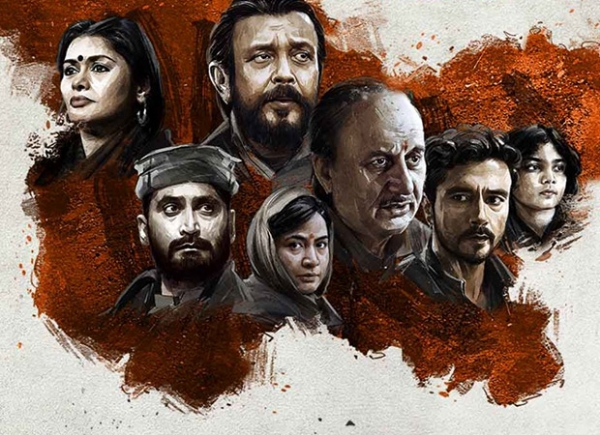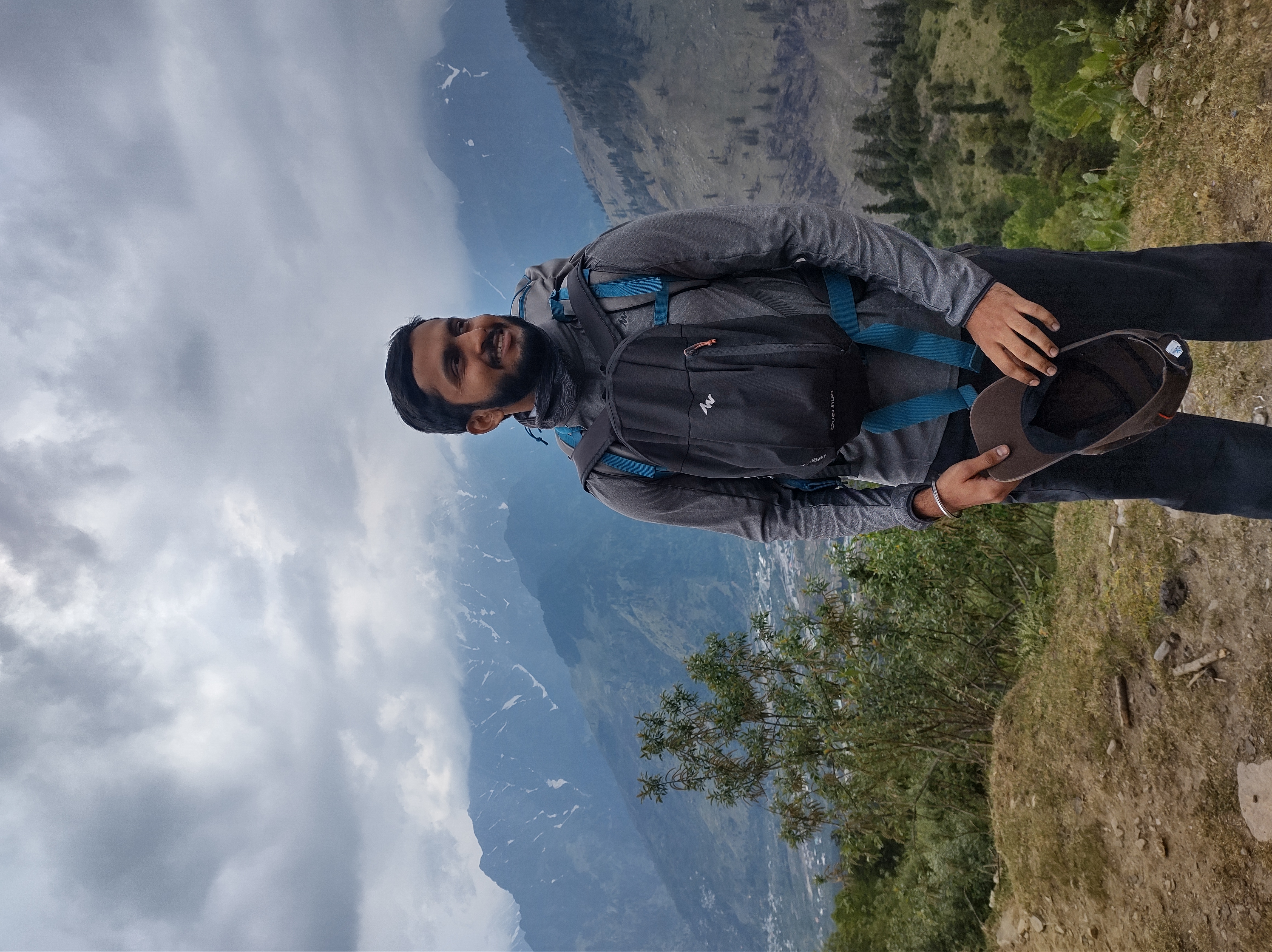Why The Kashmir files matters
This movie offers an opportunity for a group to tell the whole world that this is what happened to us while all of you ignored it. It offers an opportunity for a group to introspect as to why they ignored inhuman tragedies happening to their own people and their own countrymen. It also offers an olive branch for a group of people to come out and say, we couldn"t stand with you at that time as we were also afraid of the Kalashnikovs, but we understand your pain and suffering and now we stand in solidarity wi
Total Views |
The Kashmir files is a movie which has not just crossed the box office collection of over 200 crore by now but it has also touched a billion hearts by now. Every other post on social media and every other Whatsapp forward is about the movie now. But that's not the limit of this movie’s achievement.

This movie offers an opportunity for a group to tell the whole world that this is what happened to us while all of you ignored it. It offers an opportunity for a group to introspect as to why they ignored inhuman tragedies happening to their own people and their own countrymen. It also offers an olive branch for a group of people to come out and say, we couldn't stand with you at that time as we were also afraid of the kalashnikovs, but we understand your pain and suffering and now we stand in solidarity with you.
This movie has evoked many spontaneous emotions from ordinary people in India and around the world. This movie has left people speechless, numb, sad, angry and all of it together as well. It has allowed people to say it out loud what they were only allowed to whisper. They could only whisper because they were told that what you are saying did not really happen. They were told that it happened because of good reasons. They were even told that the victims of this genocide deserved to be treated this way. Because of all that intellectual calisthenics, an ordinary person was quiet for 32 years. Now, they have suddenly realized that what they were whispering for all these years were in fact true and they were forced to keep quite under intellectual terrorism. Which is why an ordinary person is getting so emotional after watching this movie.
This movie has also offered Kashmiri Hindus an opportunity to finally grieve in front of the world. Finally after over three decades of calling victims as perpetrators, they are being allowed by the society to talk about their grief and loss. Although the movie itself can by no way provide justice to the Kashmiri Hindus, it has certainly provided a much larger ‘safe space’ for Kashmiri Hindus to talk about their sufferings.
This movie has also shamed many people, although perhaps inadvertently. There were a huge number of people in this country who had actually never known about this genocide. As Pallavi Joshi, an actor who has played the character of Prof. Radhika Menon, has said that even she wasn't aware of this genocide to this extent. This movie has shamed this huge majority about their ignorance and made them ask very uncomfortable questions to themselves. Perhaps because of monopoly on media or perhaps because of ordinary Hindus being busy in their own life trying to make the ends meet without being political, this huge majority was not aware of horrible genocide being carried out against their own people. They have realized that this unawareness about ethnic cleansing was extremely dangerous. They have realized that the reason why Kashmiri Hindus were forced to leave Kashmir can happen to them. They realized that the boy Shiva who gets beaten up in the opening scene of the movie for supporting the Indian cricket team can happen to them. They have realized that the spine chilling slogans of “Raliv, Galiv ya Chaliv” can be raised against them as well. They have also realized that,” E Zalimo, E Kafiro Kashmir Hamara Chod do.” is something that can happen to them as well. They have realized that the victims of that genocide and they are the same people and the perpetrators of that genocide use the same doctrine across the world and especially across India. This realization has shaken Hindu society to its core.
This movie has also offered an olive branch to the Muslims, especially from Kashmir. This movie has given them an opportunity to stand in solidarity with Kashmiri Hindus who were forced to leave kashmir. For decades the Kashmiri Muslims have talked about how they were also helpless against the Kalashnikov carrying terrorist (although seldom did kashmiri muslims call them terrorist, instead they were referred to as separatists or extremists). They talked about how they were saddened by the fact that their Kashmiri Hindu ‘brothers’ had to leave kashmir (although the fact remains that many houses of Kashmiri Hindus were subsequently occupied by these Kashmiri brothers) They even talked about how they are the real victims of terrorism in Kashmir. This movie offers them an opportunity to come clean and say, yes we could not stand with you at that time under the fear of Kalashnikov, but today we understand your grief and we stand with you in solidarity. Now it is for them to either accept this olive branch being offered to them or to call it a propaganda movie which spreads Islamophobia.
Finally, there is a hope that this movie will do what former US president and then Allied commander Dwight D. Eisenhower did. When the allied forces entered Nazi Germany at the end of the WW2, then supreme commandar of the allied forces, Dwight D. Eisenhower made nearby Germans see those concentration camps (Especially Buchenwald) and those corpses. He made them do this so that they cannot deny that horrible atrocity being forced on the Jews in the name of the German/Aryan race by Hitler and his partymen. That made a huge impact on German minds, so much that it is a crime to deny Holocoust in Germany. We hope that this movie makes denying Genocide against Kashmiri Hindus a social crime if not a legal one.


